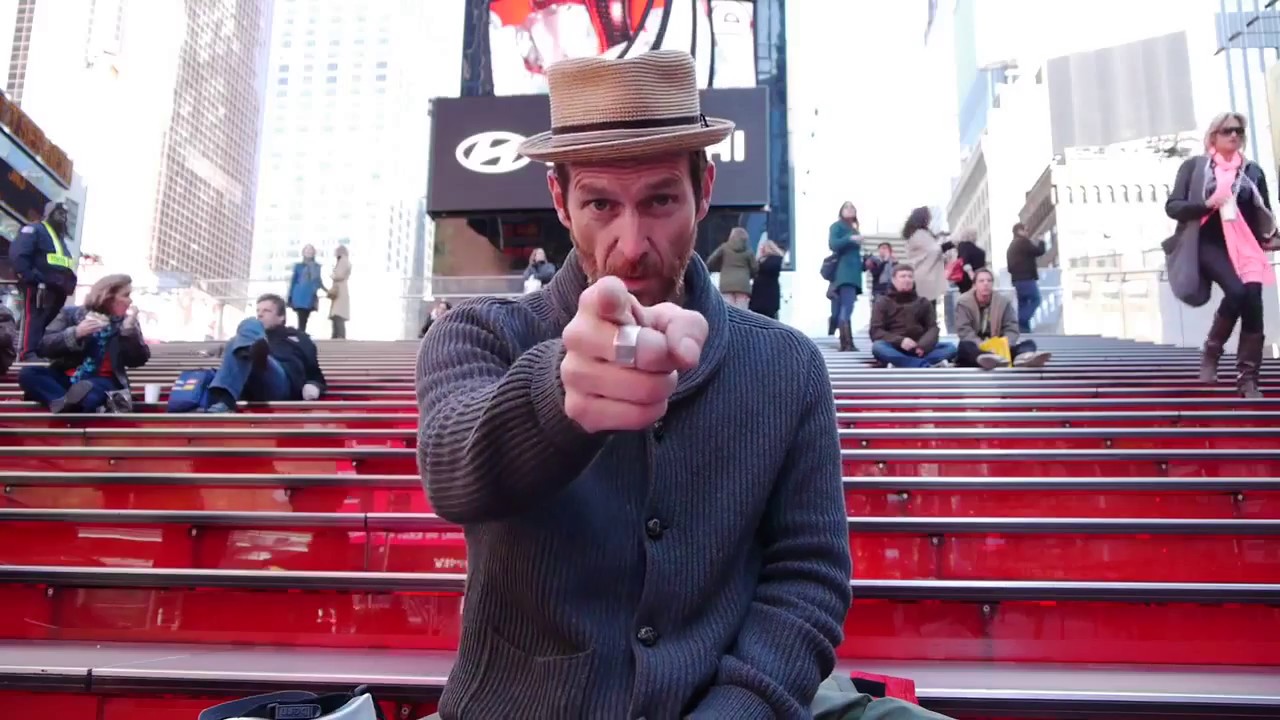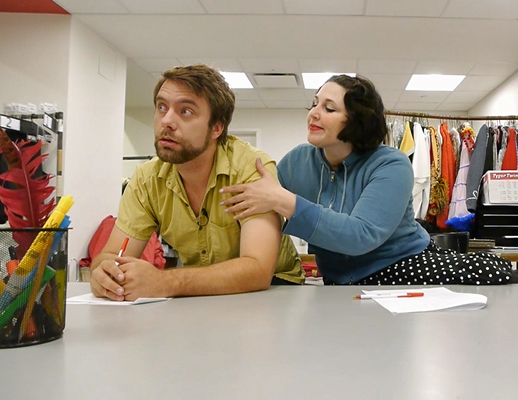She's everything in one!
Let's say you're primarily a vocalist, but you know your way around Shakespeare. That makes you a "singer who acts." If you spent years perfecting your pirouettes in ballet class, but you also know how to belt, then you could be pigeon-holed as either a "dancer who sings" or a "singer who dances."
But what if you're a master at all three—singing, acting, and dancing? Then you're a triple threat.
In musical theatre jargon, being a triple threat means you can do it all. Not every performer is equally skilled at every aspect of showmanship, nor do they have to be. But it helps.
Once upon a time, the leads would glide offstage during big dance numbers, leaving supporting players and the chorus to handle the choreography (think of the dream ballet in Oklahoma!, with "Dream Laurey" and "Dream Curley" taking over for their actor-singer namesakes). Many shows also had duplicate choruses, with one ensemble primarily used for singing and another for the dance numbers. Nowadays, performers often have to be expert as singers, dancers, and actors. That's because being an "actor who sings" or a "dancer who acts" might not be good enough to get you a job in a show. In this competitive business, anyone with a leg (or two) up on other performers is that much closer to seeing his name up in lights. Triple-threat Broadway legends include Chita Rivera and Hugh Jackman. How many others can you name?
--Ben Pesner
This video was made by Theatre Development Fund.
Here’s the team:
Writer/director: Mark Blankenship, TDF’s online content editor
Cinematographer/editor: Chris Bryan, eMotion pictures
Starring: TDF’s TKTS reps
Theatre Development Fund is the nation’s largest not-for-profit service organization for the performing arts. Through a variety of programs and services that promote education, access and conversation, it ensures an enduring appreciation of and engagement with live theatre. In addition to operating the TKTS booth in Duffy Square and the satellite booths at South Street Seaport and in downtown Brooklyn, TDF’s theatre education, accessibility, affordable ticketing and audience development programs help to make the unique experience of theatre available to diverse audiences while supporting New York’s theatre industry. Since it was founded in 1968, TDF has provided over 80 million people with access to performances at affordable prices while returning over $2 billion in revenue to thousands of productions.

